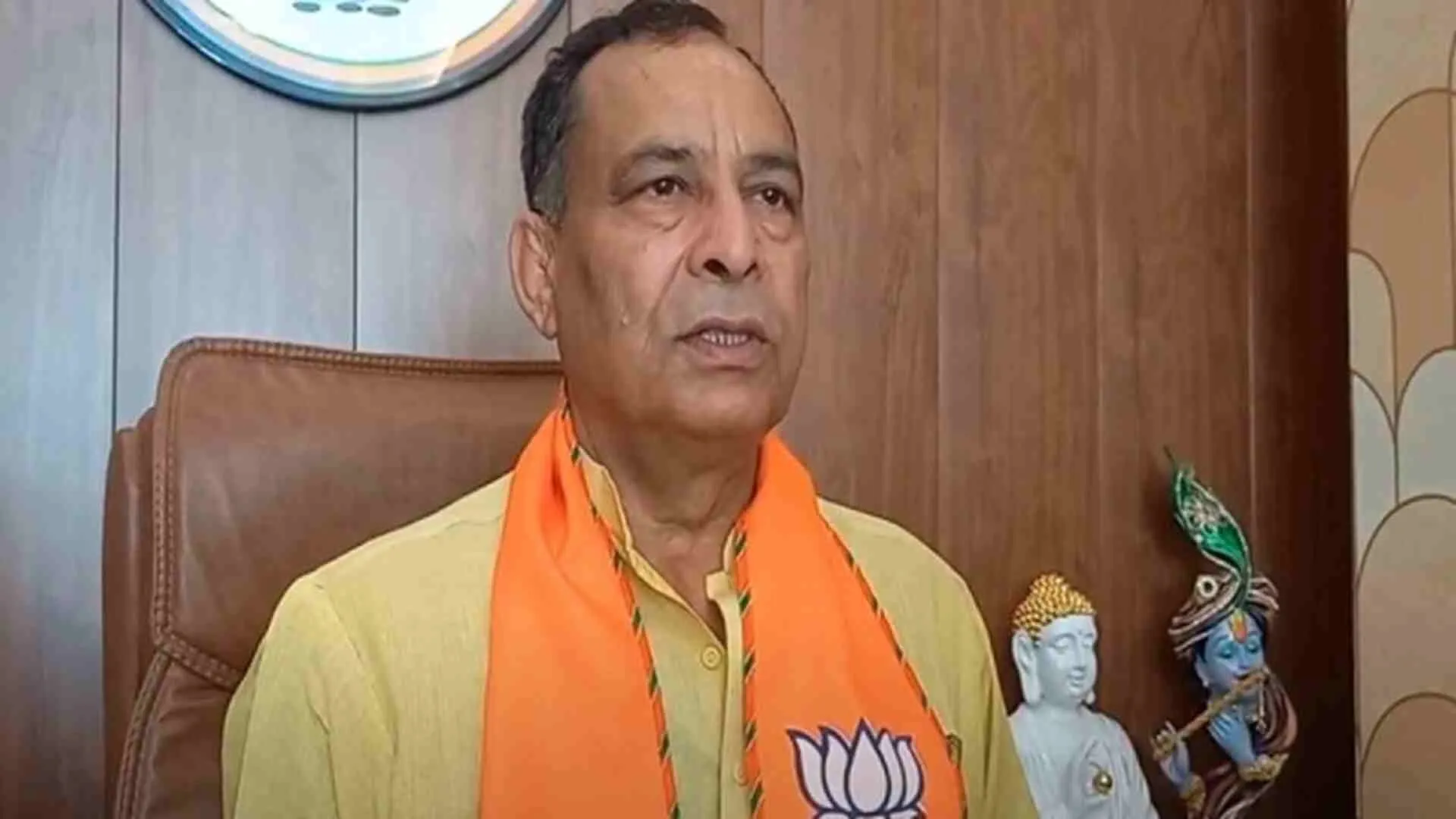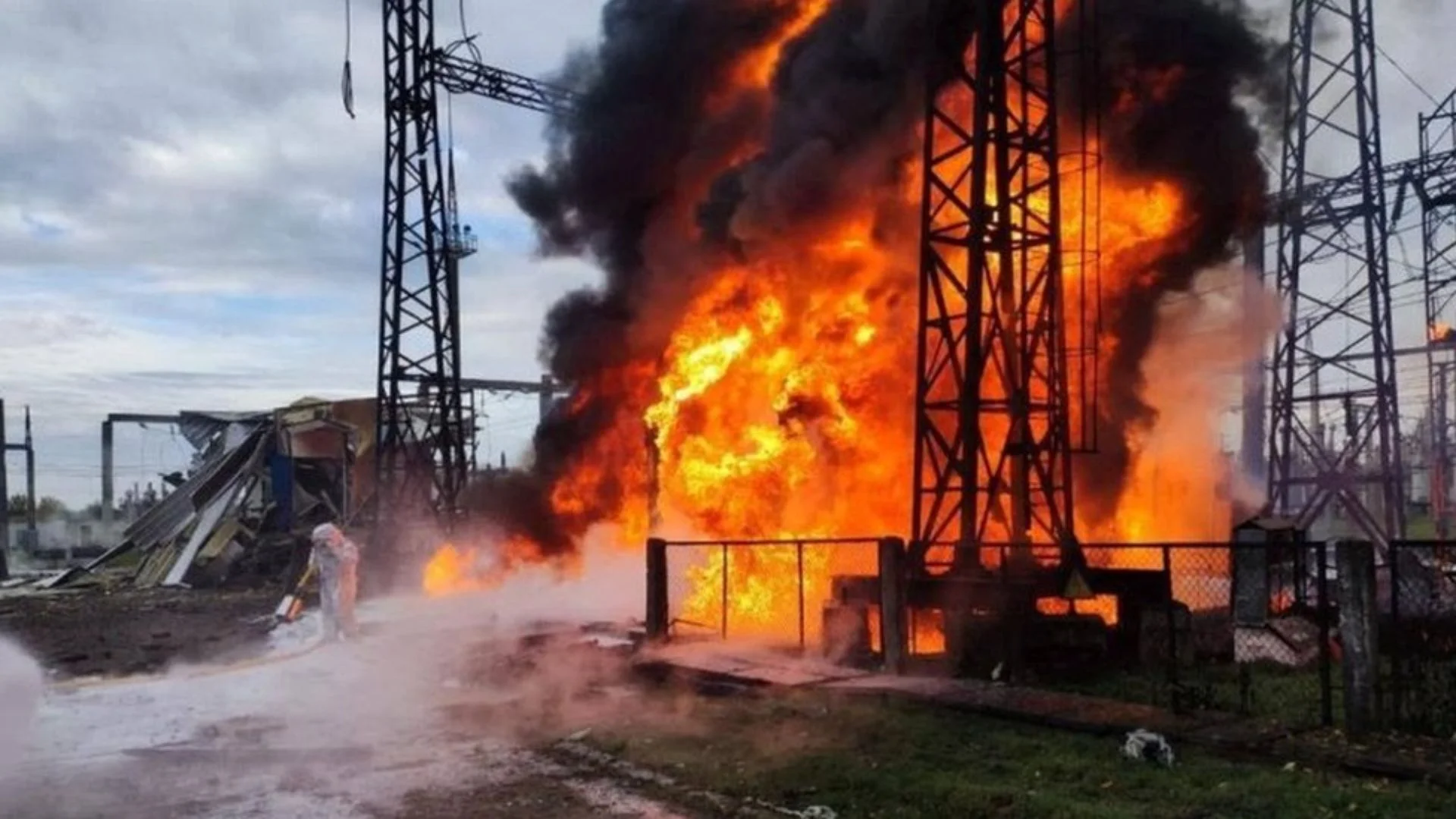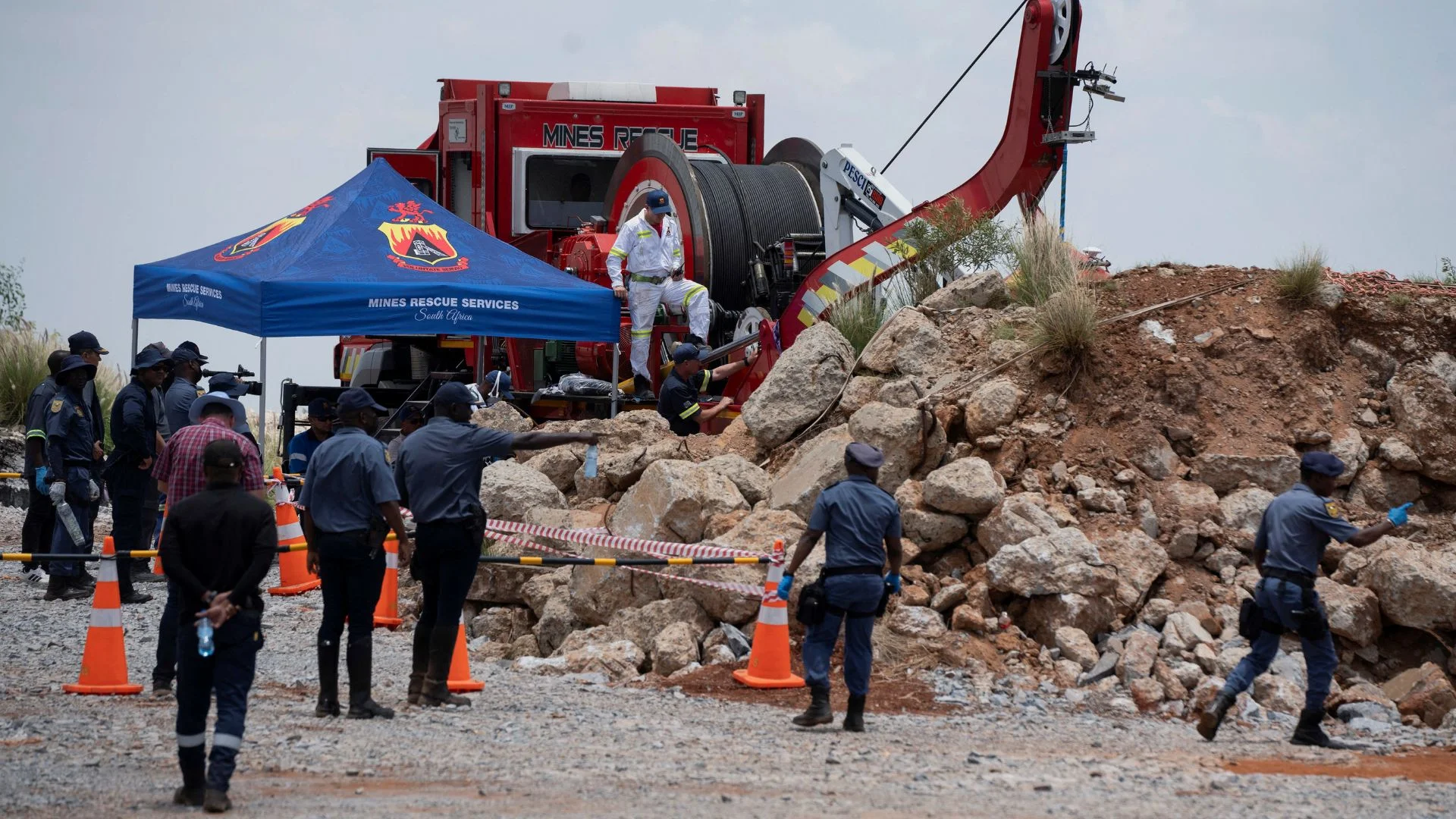As the state awaits the results of samples from the National Institute of Virology (NIV) in Pune, suspecting the presence of the deadly Nipah virus following two fever-related deaths, the Kerala government on Tuesday set up a control room in Kozhikode and advised people to use masks as a precautionary measure.
After two “unnatural deaths” were reported from the district last day, Kerala government has sent five samples to the National Institute of Virology (NIV) in Pune for testing the presence of the Nipah virus.
A district-wide health alert was issued yesterday after two deaths were reported suspected to be due to the Nipah virus infection.
The samples sent for testing to the virology institute includes that of one of the deceased and four of his kin.Chief Minister Pinarayi Vijayan on Tuesday in a Facebook post said, the government was viewing the two deaths seriously and the health department has issued an alert in the district due to suspicion of the Nipah virus.
He also said that there was no need to worry as most of those who were in close contact with the deceased persons are under treatment.
Earlier in the day, State Health Minister Veena George who reached the district, chaired a high-level meeting to evaluate the situation. She said the government was taking all precautionary steps in case the results shows the presence of Nipah virus.
The health department today formed 16 core committees for surveillance, sample test and research management, contact tracing, and patient transportation management, among others.
The minister said the whole health machinery in the district is on alert, adding that four of the relatives of the first deceased person are in hospital.
“One child among those hospitalised is currently on ventilator support,” she said.
After being informed about the first fever death yesterday, the health department had started the surveillance procedure and identified the contacts and others details suspecting the presence of the Nipah virus.
“We have opened a control room here. To coordinate the precautionary measures, we have formed 16 committees and all the hospitals and the health workers have been instructed to follow the infection control protocol including wearing of PPE kits,” George said.
She also advised against unnecessary hospital visits.
“There is no need for any fear or concern as of now, and all these measures are precautionary measures to avoid more cases if the results turn positive. We hope it returns negative,” George said.
The minister also said it was advisable to wear masks in public to prevent the spread of the infection.
She said that the contact tracing of the deceased persons has been initiated to identify high-risk contacts.
“At this moment, we have taken all the precautionary steps based on suspicion that the death may be due to the Nipah virus. We have conducted preliminary tests here. But it can be confirmed only after the samples are tested at Pune NIV,” she said.
Nipah virus (NiV) was first discovered in 1999 following an outbreak of disease in pigs and people in Malaysia and Singapore, resulting into nearly 300 human cases and more than 100 deaths, and causing substantial economic impact as more than 1 million pigs were killed to help control the outbreak. While there have been no other known outbreaks of NiV in Malaysia and Singapore since 1999, outbreaks have been recorded almost annually in some parts of Asia since then—primarily in Bangladesh and India. The virus has been shown to spread from person-to-person in these outbreaks, raising concerns about the potential for NiV to cause a global pandemic.























